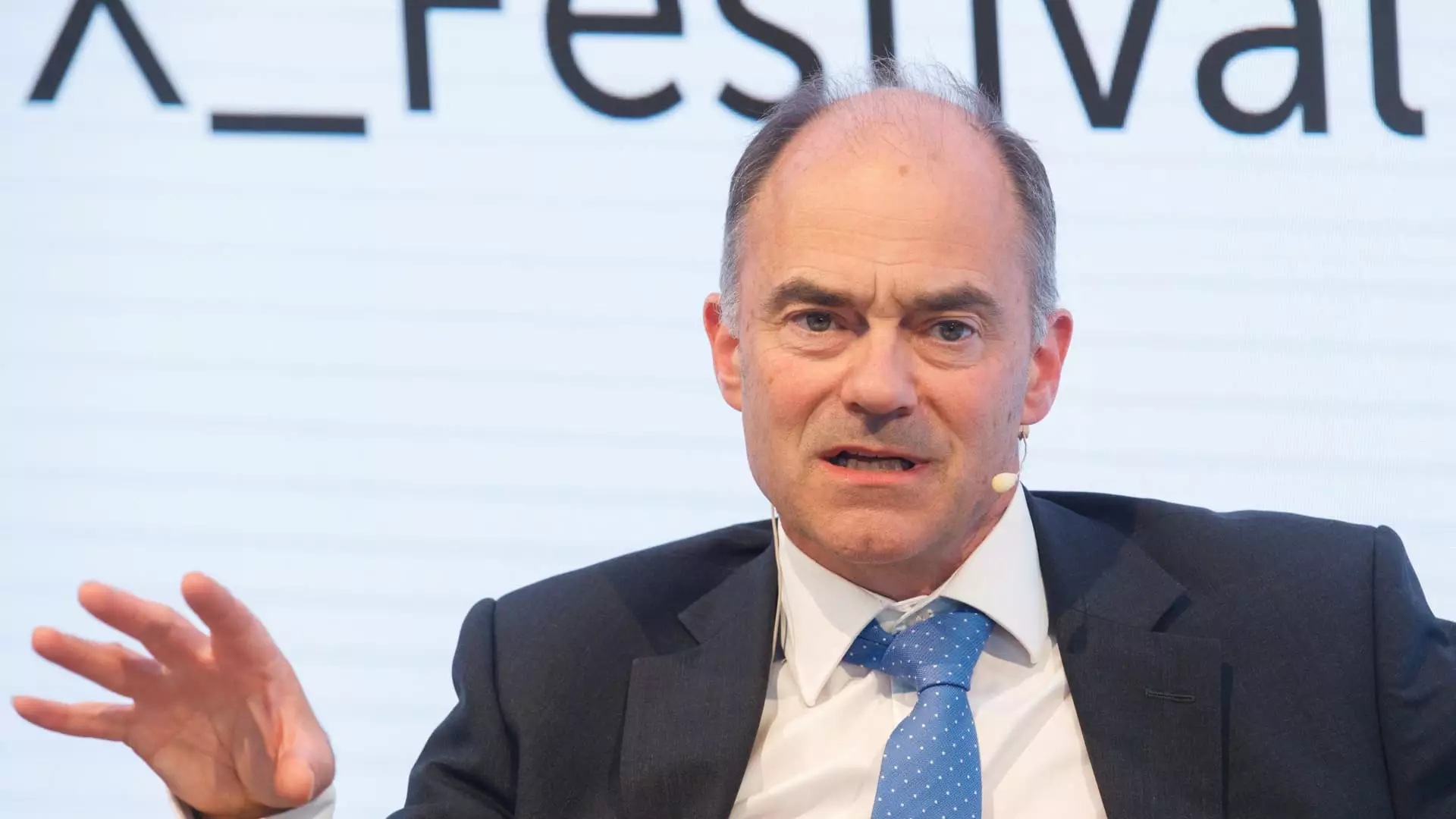The U.K. is facing significant challenges when it comes to commercializing technology businesses globally. According to Warren East, former CEO of Arm, there is a need for a mindset shift within the investor community in order to succeed on the world stage. East pointed out that there has been a lackluster growth and poor rates of GDP per head in the U.K., which he referred to as a source of national “embarrassment.”
There are several barriers that prevent U.K. based technology firms from achieving global relevance. One of the major issues is the tendency for successful firms to change locations from the U.K. or list abroad in countries such as the U.S. This poses a challenge in terms of realizing the full potential of innovative technology that originates in the U.K. East highlighted the fact that while there is a lot of promising technology being developed in the U.K., there is a failure to turn these innovations into successful global businesses.
East emphasized the importance of getting commercialization right in order to overcome these challenges. He noted that a significant amount of innovation is created in the U.K. but is often exported elsewhere around the world for commercialization. This has resulted in a loss of potential economic benefits for the U.K. East stressed the need for more “risk appetite” in the investor community to support the growth of high-tech firms.
While East admitted he does not have a single solution to fix the issue, he suggested that the U.K. should encourage more risk-taking and support for scaling up tech startups. He pointed out that the U.S. has deeper pools of capital and a higher investor risk appetite compared to the U.K. There have been calls for changes to capital market rules in the U.K. that would allow more investments from pension funds into startups, in order to stimulate risk appetite and support the growth of tech firms.
Despite the challenges faced by U.K. tech businesses, there is optimism for the future. East mentioned that there have been efforts within the British entrepreneurial community and venture capitalists to push for changes that will enable more investments from pension funds into startups. He believes that there will be more developments in this area in the coming years. However, he also emphasized that businesses cannot wait for the rules to change and must take action to drive growth and success.
The U.K. has a lot of potential to become a global leader in technology commercialization, but there are significant hurdles that need to be overcome. By fostering a culture of risk-taking, encouraging investment in tech startups, and making changes to capital market rules, the U.K. can enhance its position on the world stage and realize the full potential of its innovative technology sector.

